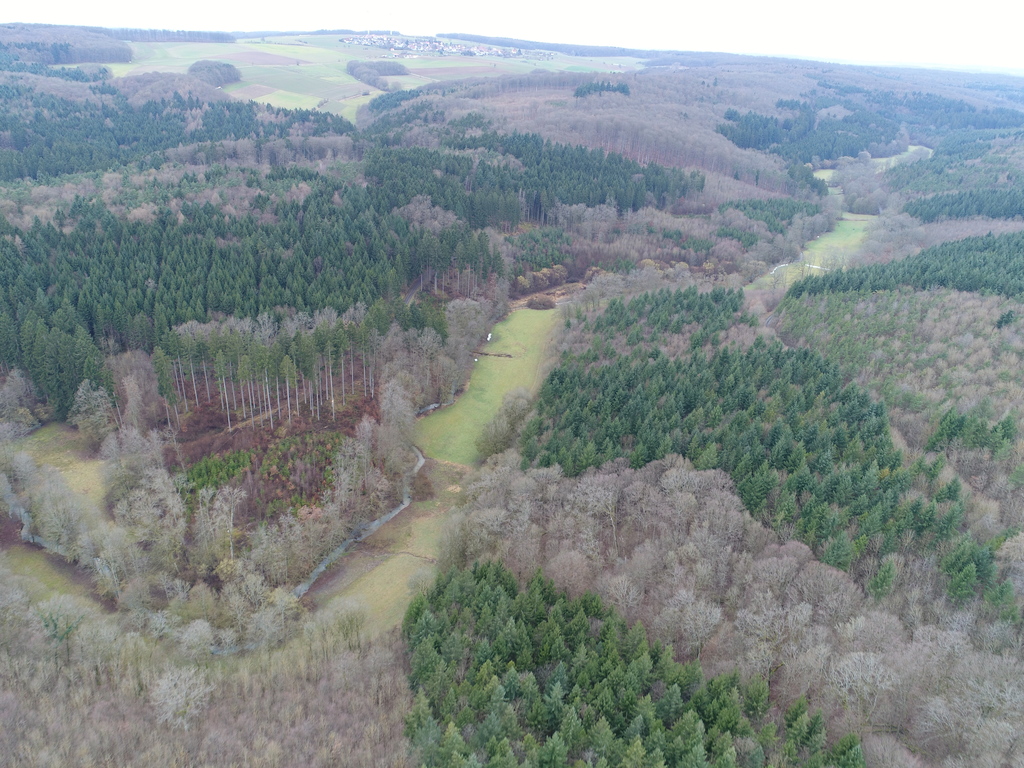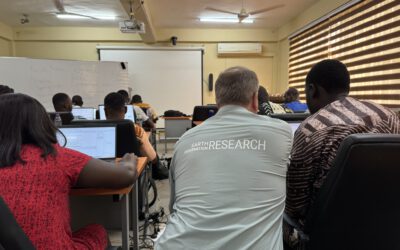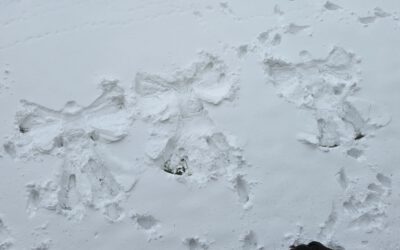A new publication on forest health monitoring lead by Angela Lausch just got published in Remote Sensing. From the abstract: “Forest ecosystems fulfill a whole host of ecosystem functions that are essential for life on our planet. However, an unprecedented level of anthropogenic influences is reducing the resilience and stability of our forest ecosystems as well as their ecosystem functions. The relationships between drivers, stress, and ecosystem functions in forest ecosystems are complex, multi-faceted, and often non-linear, and yet forest managers, decision makers, and politicians need to be able to make rapid decisions that are data-driven and based on short and long-term monitoring information, complex modeling, and analysis approaches. A huge number of long-standing and standardized forest health inventory approaches already exist, and are increasingly integrating remote-sensing based monitoring approaches. Unfortunately, these approaches in monitoring, data storage, analysis, prognosis, and assessment still do not satisfy the future requirements of information and digital knowledge processing of the 21st century. ”
read more here:









